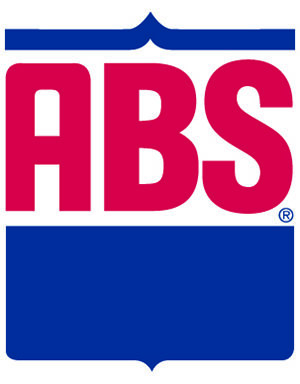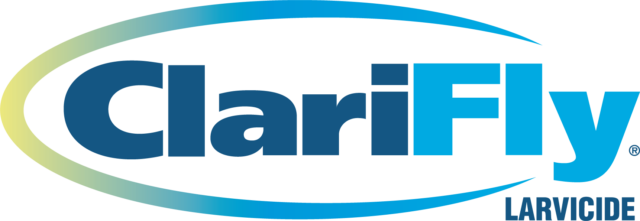Progressive Dairyman Editor Karen Lee discusses the new standards of care for animals raised on dairy farms released by People for the Ethical Treatment of Animals (PETA) with Amber Driscoll, PETA’s corporate liaison. Q. To whom is your new dairy initiative aimed? A. DRISCOLL: Our new standards are directly aimed at the dairy industry from farms to processors and companies like pizza, ice cream and coffee companies that source a lot of dairy products.
Q. What is its focus?
A. DRISCOLL: Cruelty has been exposed over and over again on dairy factory farms. PETA’s recent investigation of a Land O'Lakes dairy supplier found cows mired in filth, covered in tumors and severe infections, and electro-shocked and stabbed.
Consumers want to avoid this type of cruelty, and PETA is asking responsible companies who don’t want to be associated with this type of cruelty to adopt these minimum standards of care.
Q. What are the standards of care you’ve proposed?
A. DRISCOLL: PETA's new standards of care include:
• Keeping facilities clean and providing adequate flooring, hoof care, and bedding.
• Immediately euthanizing "downed" cows.
• Ending the practice of de-horning and tail-docking.
• Banning the use of bovine growth hormone, which contributes to lameness and a painful inflammation.
• Providing group housing for female calves, without tethering.
Q. How did you arrive at these standards?
A. DRISCOLL: PETA developed these standards with input from animal welfare experts, Dr. Temple Grandin and Dr. Mohan Raj, and incorporated recommendations made by the dairy industry itself, including the National Milk Producers Federation (NMPF) and the American Association of Bovine Practitioners (AABP).
Q. Have you proposed similar standards for other agriculture industries?
A. DRISCOLL: PETA has been working with a number of food companies for many years on animal welfare standards for a variety of animal products including eggs, poultry – chicken and turkey, and pork. We are just beginning discussions with a number of dairy companies, product manufacturers and restaurants on these new standards to eliminate the worst abuses in the industry.
Q. Are you aware of the National Dairy Animal Well-Being Initiative and the standards they’ve proposed?
A. DRISCOLL: Yes.
Q. Why do you feel a new set is needed?
A. DRISCOLL: There really is no national standard to prevent the worst abuses dairy farmed cows suffer on factory farms. Based on new video footage of animal cruelty and what we’ve seen over and over again on dairy factory farms, Americans are outraged.
The dairy industry must act swiftly to stop the most extreme suffering of cows and calves by implementing PETA’s basic reforms.
Q. How can you justify ending the practice of dehorning when it puts the safety of those same animals at risk?
A. DRISCOLL: A number of very prominent dairy animal welfare experts agree that the practice of dehorning and disbudding is a cruel and unnecessary practice.
See what Progressive Dairyman readers had to say about PETA's proposed standards by clicking here and here.
Q. Why didn’t you just recommend the use of anesthetics?
A. DRISCOLL: PETA’s standards were developed by animal welfare experts and were focused on creating basic standards that eliminate the worst abuses dairy farmed animals suffer.
Q. Was the launch of the initiative timed in accordance with Mercy for Animal’s latest undercover dairy video?
A. DRISCOLL: The Mercy for Animals footage shows cows and calves beaten and kicked, their horns burned from the skulls, and covered in infections and tumors.
PETA’s standards, which have been in development for some time, were launched on the heels of this investigation to prevent this type of cruelty and to convince the dairy industry that it needs to act swiftly to stop this abuse immediately.
Q. Now that you’ve announced this, what are your next steps putting it into action?
A. DRISCOLL: PETA will continue to work with dairy companies and companies that source dairy products to implement these standards. We are confident that responsible companies will require their suppliers to adopt these minimum standards of care immediately because they do not want to be associated with this type of cruelty.
Q. How will you identify farms that meet these standards?
A. DRISCOLL: PETA’s standards include a requirement that all farms have an annual third-party audit to ensure compliance. PD
To view the 12-page document on PETA’s Basic Care Standards for Dairy-farmed Cows, click here or go to http://bit.ly/PETA_dairy





